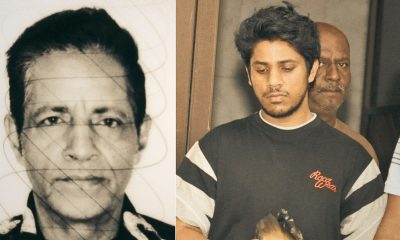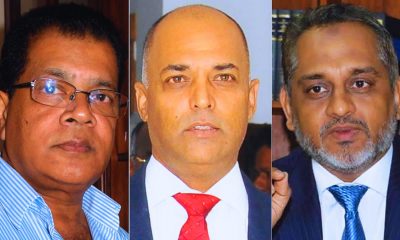News
Lawyers to Complete 12 Hrs of Continuing Professional Development Annually

A significant reform is taking shape in the legal sector. Lawyers and legal representatives will now be required to participate in a “Continuing Professional Development Programme” (CPDP), which will include at least two hours of ethics training.
The goal is to enable lawyers to regularly update their knowledge and adapt to legislative and jurisprudential developments.
The CPDP will consist of 12 hours of training annually, with at least two hours dedicated to ethics.
The program is aiming to not only deepen lawyers’ understanding of the law but also ensure they are aware of the latest developments in the field.
To support this reform, amendments will be made to the Law Practitioners Act and the Institute of Legal Studies Act.
While welcoming the initiative, some lawyers have expressed reservations. “I am in favor of CPDP, but I think the law is a bit inflexible in its application,” said lawyer Penny Hack.
“We already have an existing code of ethics in place, so a more flexible approach would be beneficial.”
Hack suggested that a comprehensive guide for lawyers to consult would be helpful and that alternative options, such as inviting judges to provide thesis and critiques, could serve as part of the CPDP.
Another lawyer, Ravi Rutnah, stated that CPDP is a positive step. “Lawyers must stay up-to-date with the law. It’s the same across all professions, not just here in Mauritius.”
He pointed out that the law is constantly evolving and that developments in areas such as cybercrime and artificial intelligence require lawyers to stay informed.
Rutnah also suggested that foreign experts could be invited to deliver specific sessions, allowing Mauritian lawyers to develop their understanding of laws in a global context.
The Bar Council, speaking through Robin Ramburn, explained that while the obligation to complete continuing education exists informally, formalizing it would be beneficial.
“Those who fail to complete the 12 hours receive correspondence from the Chief Justice’s office and must explain their absence,” he said. “I agree with this measure; the law evolves daily, and we must stay current.”
However, Ramburn also highlighted other priorities, such as improving the transcription process for court proceedings.
He noted that delays are often caused by a lack of transcripts, saying, “This is a situation that needs to be addressed.”
Source: Defi Media











